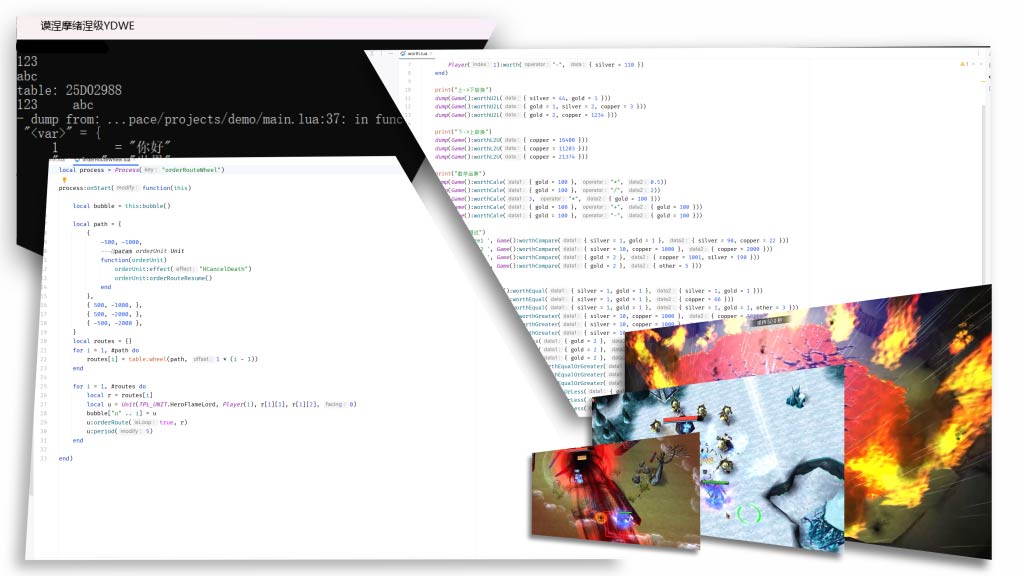Lik Framework
What is Lik?
Lik is a Warcraft 3 map development framework that runs on the windows platform. It combines YD, Dz, kk and other runtime environments to play a unique concept. With the use of golang language management tools, it supports more advanced map hot update, more intelligent global code obfuscation encryption (including Chinese), more optimised resource management, can accurately prompt the user to abuse the situation of resources or resource call missing problem, so that you can develop on-line experience more convenient and comfortable.

Getting the framework
You can download the most compact trial code package directly here.
also go to GitHub for
Documentation and Dependencies
Checking the documentation and introducing dependencies into the project is a must, you can check out the Technical support document
Framework Structure
(*)Required
(~)Automatic
(·)Customize
├── assets - (*|-) repository
│ ├── war3mapFont - for fonts, only supports ttf
│ ├── war3mapIcon - put icon, only support tga
│ ├── war3MapLoading - Load image, only support single tga or rule combination tga.
│ ├── war3mapModel - Load model, only support mdx, don't throw in maps.
│ ├── war3mapPlugins - Load plugins, there is a format reference.
│ ├── war3mapPreview - preview map, only support tga
│ ├── war3mapSelection - put the selection circle, reference has been provided format
│ ├── war3mapSound - put sound music, only support mp3
│ ├── war3mapTextures - put model textures, only support blp
│ └── war3mapUI - puts UI suite, format reference is available
├── assetsNew - (*|-) Same structure as assets, used when handling new resources.
├── projects - (~|-) used to put your map project directory, such as project_demo
│ └── project_demo -(-)
├── encrypt -(-) to define the obfuscation rules
│ ├── force.json -(-) force obfuscation of word roots, low performance
│ └── rule.json -(--) obfuscate library file rules
├── library -(*) core
├── vendor -(*)
│ ├── lni - important map data
│ ├── models - model command map template
│ ├── w3x2lni - w3x2lni tool (v:2.7.2)
│ └── WE - New Horseman
├── exe - (-) command tool golang source code
├── docs -(-) documentation
├── temp - (~) cache
├── conf -(~|-) configuration
└── lik.exe -(*) command toolInstalling Tools and Plug-ins
Programming Tools (For reference only, you can also ignore it and use other tools like golang, cursor, etc.)
JetBrains Series Plugin Recommendations
Optional plugin EmmyLua
Optional plugin Image Icon Viewer
![]()
Optional plugin Color Highlighter

Optional plugin CodeGeeX

Optional plugin Continue
Terminal operations
Open a terminal and go to the frame root directory
> cd ./likCreate a new project
> lik.exe new demoLocal test with hot update
> lik.exe run demo -hManaging Projects with the History Tool
You should use versioning code history management tools (Git, Svn, etc.) to manage your development projects. You can use third-party hosting platforms (e.g., GitHub, GitLab, Gtiee, Bitbucket), or self-built (e.g., Gogs) management tools, and please at least use the tools locally to build a local version. No one knows when they're going to make a mistake. Code history allows you to view every change, roll back versions, and back up results.